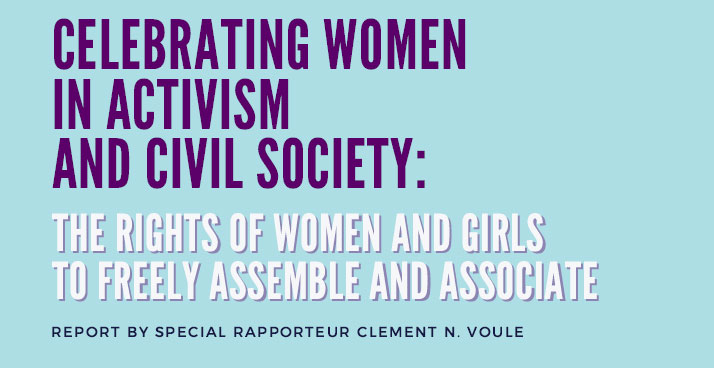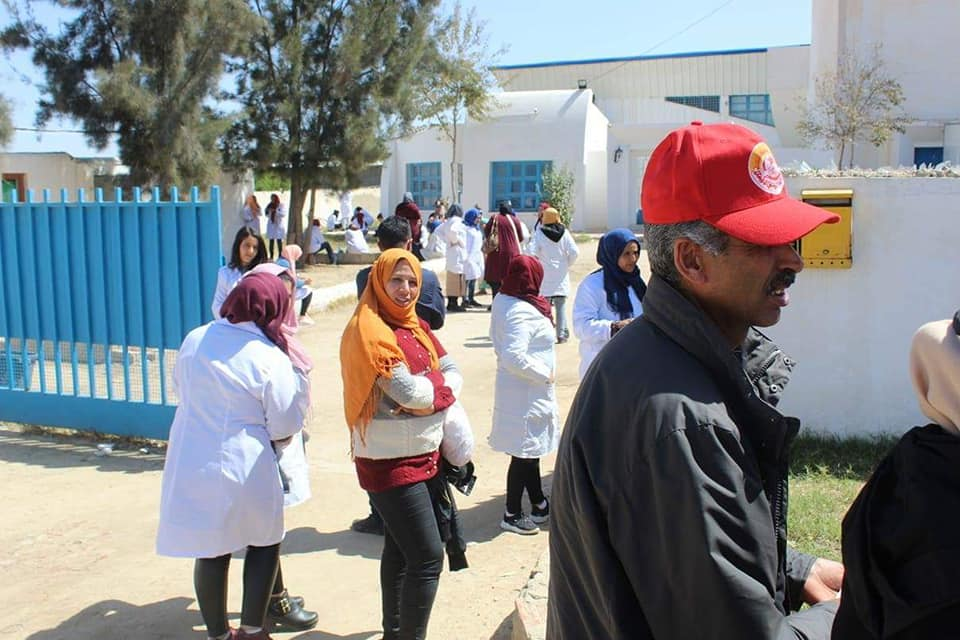Women activists and their organizations are the drivers of positive change worldwide—and the freedom to form unions and freely associate is key to their ability to do so, according to a report released today. “Celebrating Women in Civil Society and Activism,” prepared...
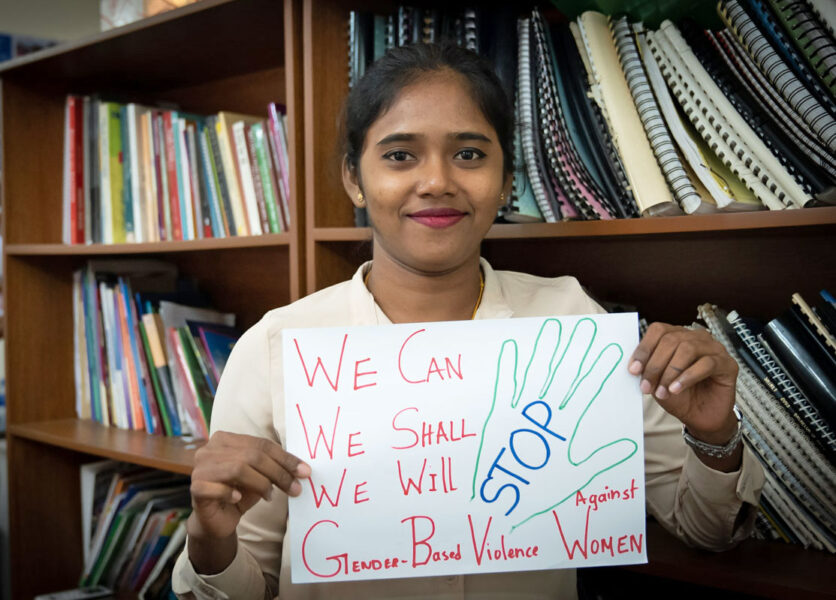
The Solidarity Center and worker rights organizations like the Lanka Eksath Jathika Workers Union in Sri Lanka advocated for a landmark global standard to eliminate gender-based violence and harassment at work and are pushing for its ratification by governments. Credit: Solidarity Center/Sean Stephen
The Solidarity Center prioritizes preventing and addressing gender-based violence and harassment in the world of work, recognizing it is a primary barrier to achieving gender equality and a key step for security of all workers’ rights. The Solidarity Center seeks to enhance the voice of women and other marginalized workers in policy making at the local, national, and international levels to reduce the risk of gender-based violence at work and build leadership, voice and direct participation of women and other marginalized workers and their unions.
Beginning in 2014, the Solidarity Center was a core member of a global coalition of worker rights organizations led by women union activists that successfully advocated for a landmark global standard (Convention 190) to eliminate violence and harassment in the world of work, including gender-based violence and harassment which was adopted by the International Labor Organization in June 2019. We support our partners as they campaign for their governments to ratify ILO Convention 190.
See related factsheets, videos and reports.
Garment Workers Need Our Assistance, Tunisia Labor Movement Tells Employers, Government
The Tunisian General Labor Union (UGTT) is calling on employers and the government to join with it in addressing the severe challenges textile workers are facing during the COVID-19 crisis and negotiate an action plan to guide the struggling garment sector. Some...
Morocco Garment Workers Stand Strong against Union Busting
Garment workers at the Miroglio Maroc factory are standing strong with 14 co-workers who they say were fired for speaking out against the lack of sufficient safety gear and other protective measures at the workplace during the novel coronavirus pandemic. Three workers...
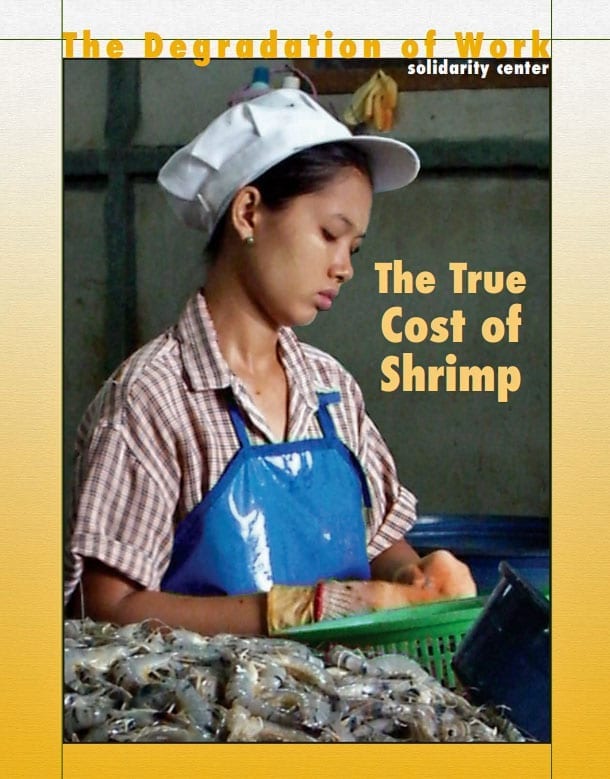
The True Cost of Shrimp (2008)
In little more than 30 years, the shrimp industry has been revolutionized through an unprecedented increase in efficient production, resulting in tremendous profitability for producers. But the “shrimp boom” is sustained through a staggering, largely hidden, cost to...

The Struggle for Worker Rights in Guatemala (2008)
Guatemala’s laws include unreasonable restrictions and requirements on union membership and the right to strike. Women workers are usually paid less than their male counterparts for work of equal value. Indigenous workers and rural workers, with few legal rights, are...
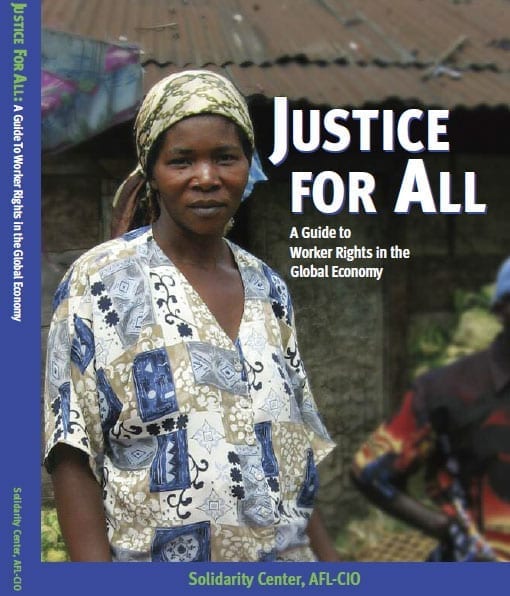
Justice for All (2008)
"Justice for All" examines the effects of global economic integration in the late 20th century on worker rights, including the growth of the informal economy and migration and human labor trafficking, and looks at how government, corporations and unions can help...
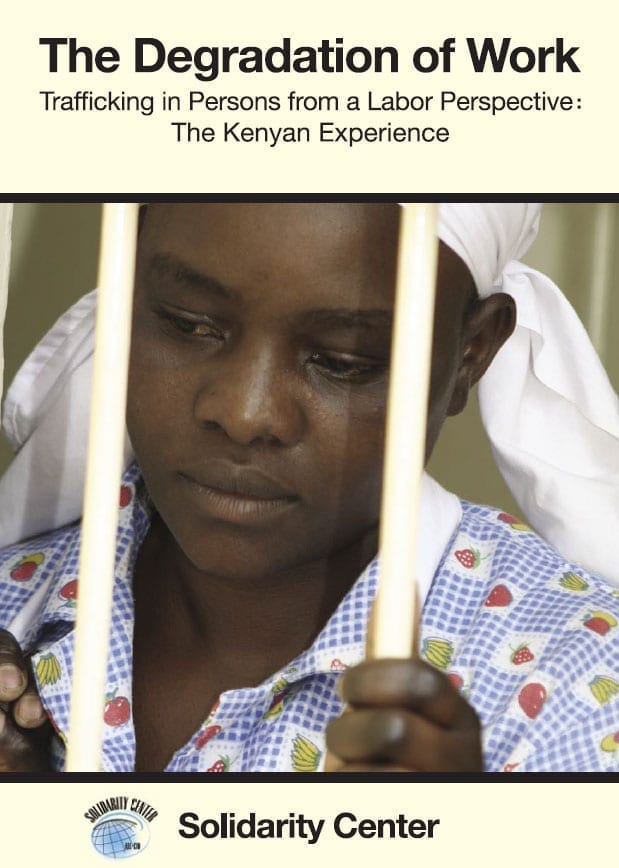
Trafficking in Persons from a Labor Perspective: The Kenyan Experience (2007)
Trafficking in Persons from a Labor Perspective: The Kenyan Experience provides readers with a general overview of human trafficking in persons from a labor perspective, with a focus on universal and global themes as illustrated by the experiences in Kenya. The...
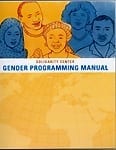
Solidarity Center Gender Programming Manual (2006)
This 70-page handbook incorporates staff insights and experiences into checklists and tools needed to develop programs that redress gender inequity in the workplace, promote leadership roles for women, and move closer to achieving full worker rights. Download here....
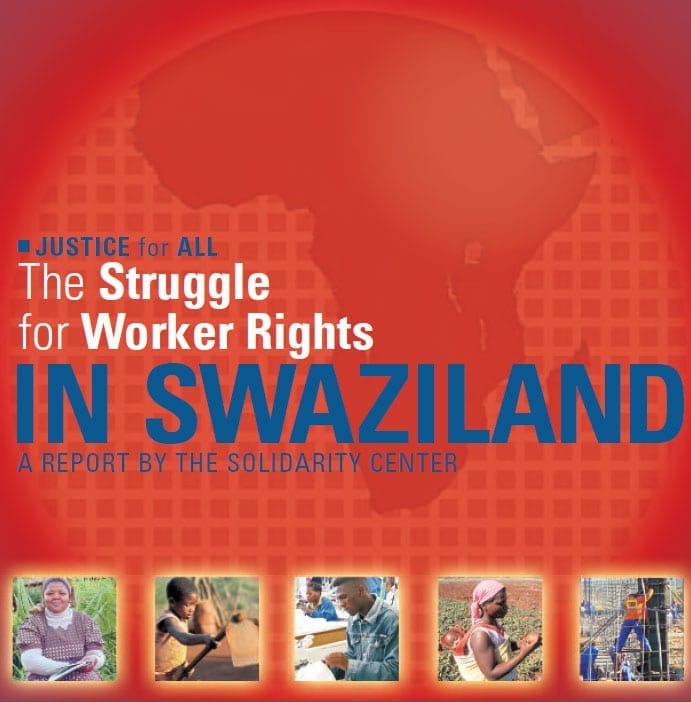
The Struggle for Worker Rights in Swaziland (2006)
Swazi workers face many challenges, especially women workers, who have a low status in Swazi society and make up a large percentage of the workforce, yet endure discrimination and workplace sexual harassment and violence. Improvements at the workplace cannot be...

